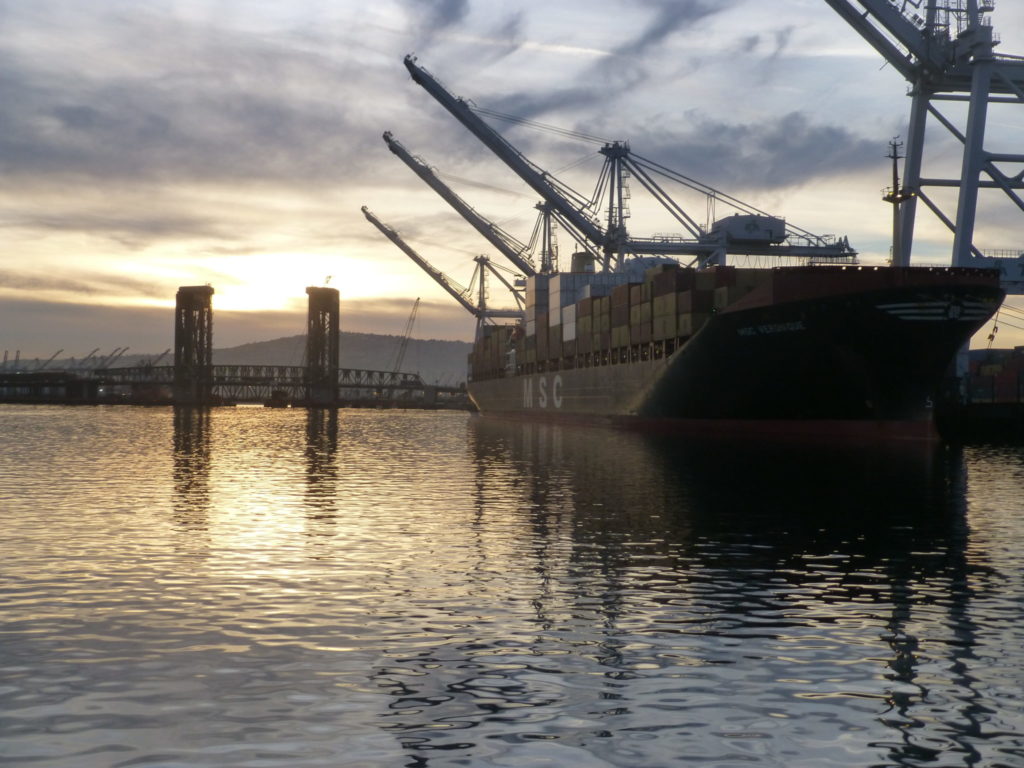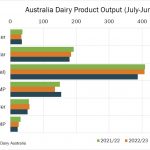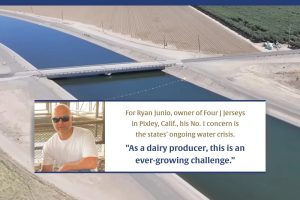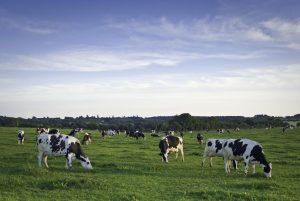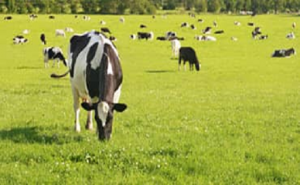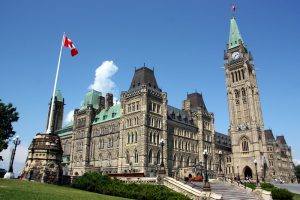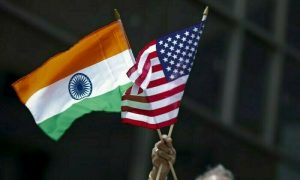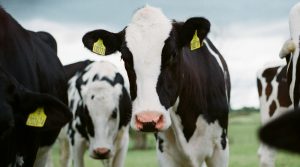
A group of trade experts say it’s too early to determine how much the Indo-Pacific Economic Framework for Prosperity will impact U.S. agricultural exports.
Warren Maruyama is the former General Counsel for the Office of the U.S. Trade Representative.
“I’m not sure it’s going to do a lot to reshape how corporations decide where to put their money and some of the conditions that would come with IPEF, I would think are likely to operate, but as disincentives, rather than as incentives to put money into some of these countries,” he says.
Georgetown law professor Katrin Kuhlmann says balancing economic growth, social inclusion and environmental sustainability are beginning to matter more in the global economy.
“You also need the rest of the world to have access to finance and to have access to infrastructure and to have access to markets. You have to spread some of those benefits everywhere,” she says.
James McVitty, with New Zealand-based Fonterra says if policy on sustainability isn’t developed properly, it could lead to other non-tariff barriers for trade.
“There really needs to be a multilateral agreement, otherwise we’re at risk of regionalism on sustainability and from the farm perspective, you don’t want five different auditors. You want one aligned approach,” he says.
The group took part in a recent panel discussion on global trade hosted by the Yeutter Institute at the Nebraska Innovation Campus in Lincoln, Nebraska.
You can now read the most important #news on #eDairyNews #Whatsapp channels!!!
🇺🇸 eDairy News INGLÊS: https://whatsapp.com/channel/0029VaKsjzGDTkJyIN6hcP1K
